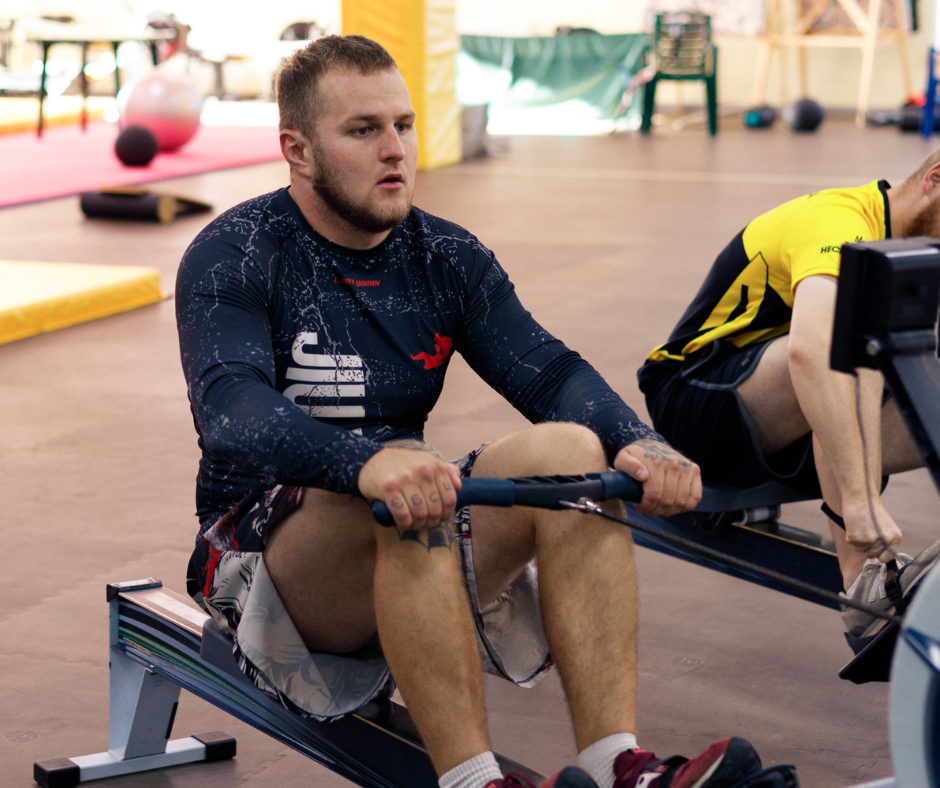At 18, VLADYSLAV KAPKANETS signed a contract with the Armed Forces of Ukraine, fulfilling a childhood dream to serve. But during one mission, he encountered his first panic attack. Since then, he’s lived with these episodes for years, speaking openly about what they feel like and how he and those close to him manage them.
About himself. I’m more of an introvert, though I have a small circle of people I feel truly comfortable around. I’m not really into big crowds anymore—something that changed after my injury and dealing with panic attacks. I’ve been in service since 2016, and I can see a clear difference between who I was before the war and who I am now. It’s something I’m working on accepting.
I’m originally from Verkhovtseve in the Dnipropetrovsk region. Growing up, I was a bit of a handful, always causing a trouble in class. My mom often had to sit in the back of my classes because teachers were always calling her in due to my disruptions. Despite that, I got along well with them. When I was studying in college in Kamianske, the Maidan protests began. I was in my first year, and a guy named Serhiy Nihoyan, who had this wild beard that practically grew back by the end of each day, was in his third year. Everyone yelled at him because of this.
About patriotism and Joining the Military. When my dad was mobilized, I was one of three friends who were also fired up with patriotism. We’d raise flags, shout slogans, and support the troops however we could. My parents didn’t intentionally raise me to be patriotic, but somehow, I always knew I wanted to serve.
At 16, I briefly moved to Belarus with my mom, while my dad, who had just left the army due to injury, stayed home. A few months later, I returned to Ukraine, finished college, and signed a military contract without a second thought. I knew the war was ongoing, and it felt right to do my part. I joined the 59th Brigade and was stationed in Popasna.
Before long, my two best friends joined up as well. When we were rotated to Mariupol-Vodyane in 2018, they were still new and imagined they’d be dropped off right in the middle of a battlefield, running under fire. Instead, they were just brought to us at our position. Our battalion eventually turned into a sort of mini-Verkhovtseve. I invited my dad to join us; my friends brought their dads too, and even some of our parents’ colleagues enlisted. We became a platoon full of people from Verkhovtseve. My dad used to joke, “Walking around here feels just like walking around Verkhovtseve—everyone’s familiar.”
Having family and friends around could be tough emotionally because I worried about them, but it also built trust and let us perform at our best. We understood each other well. Our rotation in Mariupol was the hardest; we lost eight members of our platoon.
Since then, we’ve been through many more rotations, and each of us has grown in our service in different ways.
About dealing with psychological trauma. The first time I experienced psychological trauma was during a rotation in Mariupol. We were almost at the enemy’s position when we heard over the radio that one of our team was wounded. I grabbed a stretcher and started running to evacuate him. I knew every trench and where it led, but all of a sudden, I got disoriented, repeatedly asking where to turn and where to run. In the end, I couldn’t make it. I froze, experiencing a full panic attack. My mind was working, signaling my arm to move, but nothing happened. It didn’t last long, and my comrade was eventually saved, but since then, I’ve had these attacks repeatedly.
I’d feel dizzy and couldn’t function properly, sometimes with up to eight attacks a day. A psychiatrist explained that triggers like certain scents or body positions could set off the reaction. At the hospital in Mariupol, they advised I took a break, thinking it was from burnout. But the attacks continued, even in calm, familiar surroundings at home. It didn’t take much—any minor stress or even just an unexpected glance from someone could trigger it. Sometimes, I’d run into a friend, and just from the surge of emotion, I’d be hit by an attack. People would ask, “Are you okay?” but I wouldn’t be able to speak or even move.
About support and help. When a panic attack hits, some people need someone close by—someone to offer water or light a cigarette. For me, it’s the opposite—I need peace and quiet. Over time, I’ve come to realize that the best way for me to cope is not to be fussed over or have extra attention drawn to me. My mind understands this, but my body doesn’t always listen, and I find it hard to ask for space or tell someone not to help.
For a long time, I tried to figure out what was going on, wondering if it was an allergy or something else, taking medication that didn’t help. It wasn’t until I saw a psychiatrist that I understood what I was dealing with. I understood that serving in infantry, a strike of a panic attack during critical moments was risky. But my team understood what I was dealing with and knew how to react, which made all the difference.
I remember being in a kickboxing competition once. I felt fine until I stepped into the ring. I told myself to raise my hands, but I couldn’t move them. I often thought it might have been easier to lose a leg than to live with these panic attacks.
What frustrates me most is when people hover over me, trying to help. It makes me irritable, and I get tired quickly. Sometimes, I feel a sense of apathy. It’s part of the “glitch” I have to deal with.
Specialized centers are starting to tackle panic attacks and teach people how to manage them, but civilians often don’t understand. They can’t grasp what it’s like dealing with a concussion or PTSD either. This is something I face almost every day in my hometown, and it leaves me questioning, “Why is it that my loved ones understand, but others can’t?”
About the full-scale war. I had signed several contracts and, in December 2021, decided to leave the military. We had a sense that something was coming, and I planned to rest for a while before returning to service. But I didn’t manage to get back in time.
The day before the invasion, I received a message saying, “You’re missing the big action, but we might still meet.” My unit was sent to Oleshky, and on the night of February 24, 2022, they deployed to Rykove, right across from Crimea, to establish defensive positions. Unfortunately, almost all of the soldiers I had brought into the army were lost when Russian forces advanced with tanks and armored vehicles.
I woke up to messages: “This person is gone… this one also is gone.” My best friend was wounded, and another managed to pull back. Sadly, their fathers were killed, and just a week later, my own father passed away, likely from the stress.
A friend and I had planned to join the others, and we’d already bought tickets for the train. But we were informed that Kherson had been occupied, and our guys had been destroyed. We had nowhere to go. For months, my comerades managed to escape the occupied territory, moving through brush, living in basements, and paying to get out. Two of my friends were taken prisoner—one was exchanged, but the other is still there.
I became very closed off, trying to make sense of everything. I walked a lot and listened to music to help me cope.
Eventually, I was assigned to another brigade in reconnaissance, but the panic attacks didn’t go away. There was one time when we were hit by a Grad missile, and while running, I felt my legs giving way. At that moment, I thought I wasn’t going to make it. I was certain that I would have a panic attack and couldn’t go on. But somehow, I found the strength to keep moving.
About development after the war, sports, and the Invictus Games. After the war, I returned to my school and became a physical education teacher. I run fitness clubs, girls attend them. And it was a big challenge when 20 girls showed up for the first fitness class. I had to explain and demonstrate, with everyone looking at me, but it helped me regain control over myself, especially when things went well.
Sports, especially martial arts, have always been my outlet. I’ve now reached a professional level in mixed martial arts and really enjoy kickboxing.
I often feel the need to be alone, but with the Invictus Games team, I feel a strong sense of unity and camaraderie. We don’t need many words to understand each other. I love the dark humor that bonds us here, and it inspires me. In civilian life, if you joke around, people might think you’re strange, but here, everyone gets it. These people are my support, my safe space, where I’m less likely to have a panic attack.
I also want to raise awareness about the invisible wounds soldiers carry. I know I’m not alone, and I hope sharing my experience can help others.
Translated by Green Forest English School

